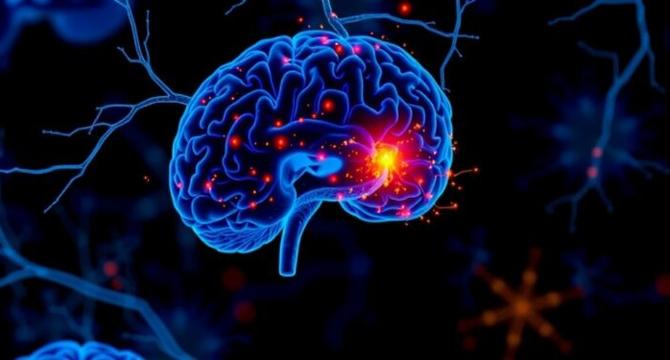Bioengineer
1d
288

Image Credit: Bioengineer
U of M Medical School Research Team Secures $1.2 Million Grant to Investigate Treatments for Tourette Syndrome
- The University of Minnesota Medical School has been awarded a $1.2 million grant from the National Institutes of Health to fund a clinical study into transcranial magnetic stimulation (TMS) in treating Tourette syndrome and tic disorders.
- The study is set to be a two-phased clinical trial undertaken in spring 2025 and aims to explore the therapeutic effects of TMS for children suffering from Tourette syndrome, a disorder that affects around one in every 50 children.
- The first phase of the study has confirmed that adding TMS therapy to established Comprehensive Behavioral Intervention for Tics therapy (CBIT) demonstrates promising results to alleviate symptoms associated with tic disorders.
- The second phase of the study will delve deeper into the neurological underpinnings of CBIT+TMS, aiming to improve the quality of life for those suffering from neurological conditions with motor and vocal manifestations.
- TMS works through non-invasive magnetic pulses aimed at specific areas of the brain to modulate neural activity. TMS aims to recalibrate these neural circuits, effectively reducing the frequency and intensity of tics.
- The study has broader implications beyond treating Tourette syndrome and tic disorders, as TMS is known to be versatile in treating various neurological and psychiatric conditions.
- The therapy's efficacy in treating these conditions characterised by motor and vocal manifestations holds much promise and could benefit many families grappling with neurological conditions.
- This research embodies the spirit of innovation and compassion that the medical community strives to uphold, paving the way for innovative research and collaboration across disciplines.
- If the trials prove successful, the outcome could encourage further investment in neuropsychological treatments, leading to a new wave of exploration into how behavioral therapy and neuromodulation can be used to enhance one's quality of life.
- This study serves as a beacon of hope and could revolutionize the manner in which we manage neurological disorders, paving the way for understanding and treating these often-misunderstood neurological conditions that affect many families worldwide.
Read Full Article
17 Likes
For uninterrupted reading, download the app